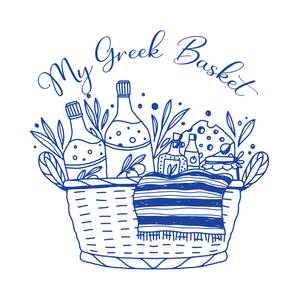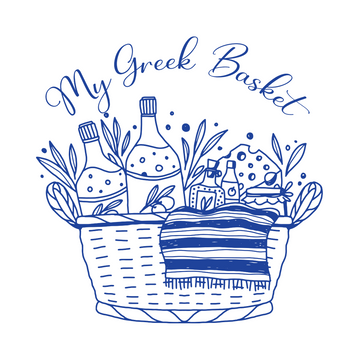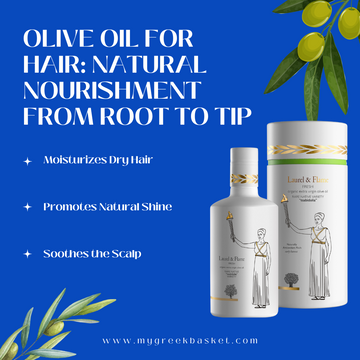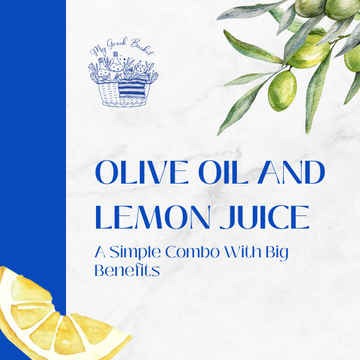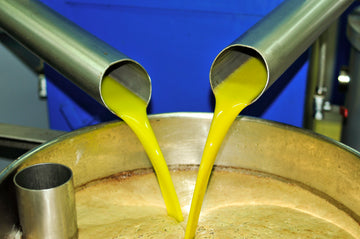
Extra virgin, organic, cold-pressed, polyphenol rich, single origin – all these keywords have long since become synonyms of a premium olive oil. However, recently a new demand has emerged that is gaining its popularity in various search tools from Google Ads to Amazon Marketplace – a lot of customers seem to be after UNFILTERED olive oil.
But is it that good and do we want it in our pantry?
While those who are after unfiltered olive oil seem to want it mostly because it is less processed, such oil does have its cons.
Most olive oil producers agree that not even minimally filtered olive oil has a life of 6 months and then can easily become rancid. Considering that there is only one olive harvest a year this means one can counter on using unfiltered oil for half a year until next harvest and then either not use olive oil at all or switch to filtered that has shelf life from 18 to 24 months and surely will be good enough to use until next harvest oil comes in.
Another concern is that filtering olive oil does affect its polyphenol content as it inevitably decreases it. Remember that if you are using your olive oil as food and not as medicine to take by a teaspoon, no matter how great for your health polyphenols are, too many of them (over 1200 mg/kg) make the oil way too bitter to enjoy. In cases when unfiltered oils are initially very high in polyphenols, like our Laurel & Flame and Olympian Myth oils, even after going through filtering, polyphenol levels still remain very high – 3-4 times more than required by the European Health Claim.
It is also important to focus on the Peroxide value of product test results. Most reputable producers and sellers would provide those on their websites. We have actually gone one step further as any customer who purchases our oil can get access to those by simply scanning a QR-code on the product (My ID Project) and get access to ALL test results performed for THE OIL they just purchased. In general, an ultra-premium extra virgin olive oil has not more than 5-6 meqO2/kg whereas Laurel & Flame oils have 2-3 meqO2/kg, and most premium EVOOs have about 8-9 meqO2/kg max with the limit being 20 meqO2/kg. Peroxide value is very important in relation to the lifetime of an EVOO. It also shows how healthy the fruits was before it was processed into olive oil. Peroxide value for the most recent, 2022, harvest of our Laurel & Flame Fresh, for example, measured as 2.9 meqO2/kg.
It seems that an optimal solution has been found for all our oils, that is very light filtering of the oil made of very healthy fruit resulting in low peroxide value – the combo that can still guarantee very high polyphenol level and can ensure product life until the new harvest oil comes in.
